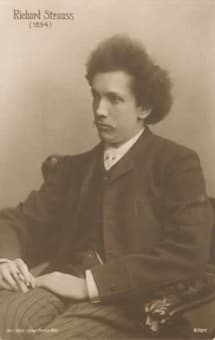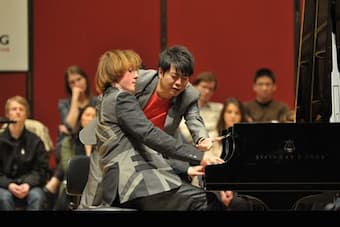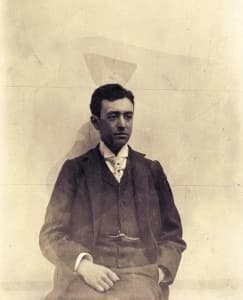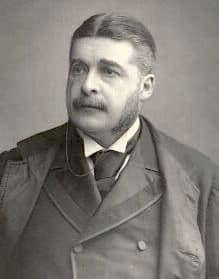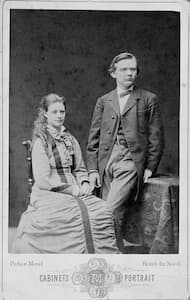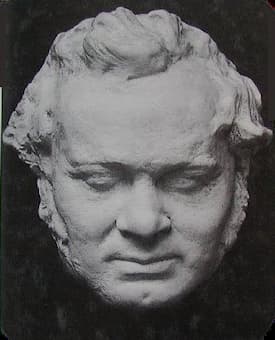For years, film and television producers and writers have been using classical music to make their work more memorable. It should come as no surprise that some of our earliest memories of classical music might be from the cartoons we
Articles
“God is dead. God remains dead. And we have killed him. How shall we comfort ourselves, the murderers of all murderers?” This most widely quoted statement originating with Friedrich Wilhelm Nietzsche first appeared in the 1882 publication Die fröhliche Wisssenschaft
The title of this article is a quote from Robert Schumann’s ‘Advice to Young Musicians’, a cornucopia of practical advice and poetic words of wisdom for young people beginning their musical education, which still has plenty of relevance for musicians
Manuel María de los Dolores Falla y Matheu was born on 23 November 1876 in Cádiz, a city and port in the autonomous community of Andalusia. His father José María Falla came from a family of merchants from Valencia, a
What’s your “guilty pleasure music”? That is, music or a composer that you’d rather keep quiet about in case your highbrow, classical music-loving friends look down on you. Mine is Philip Glass – although I don’t feel remotely embarrassed about
On Friday 23 November 1900, The Times published the following obituary. “The death of Sir Arthur Sullivan, which we announce this morning with great regret, not only deprives England of the man who for many years has been her most
The violinist and composer Amanda Röntgen-Maier (1853–1894) created a sensation when she became Sweden’s first-ever female Director of the Music at the Conservatory in Stockholm in 1872. Maier decided to continue her private studies in Leipzig with the concertmaster of
On 19 November 1828, Franz Schubert died at the age of 31 in his brother’s flat in Vienna. He had been seriously ill for some time, with the primary symptoms of syphilis presenting themselves as early as December 1822. Premonitions


